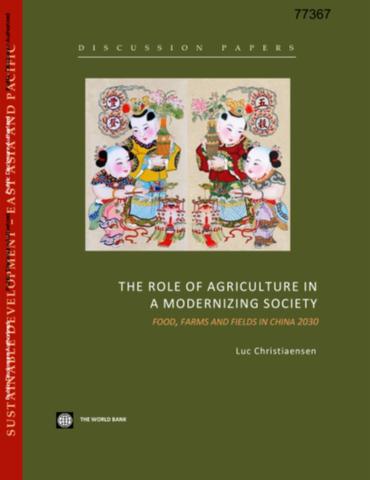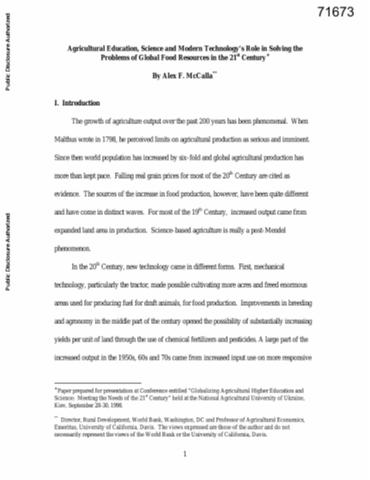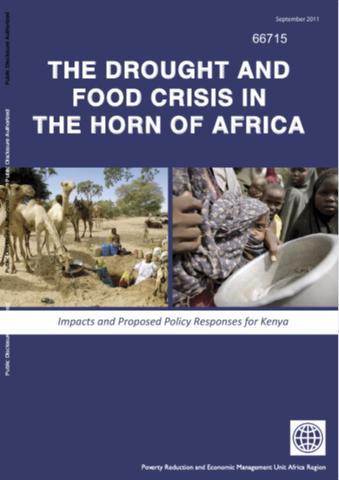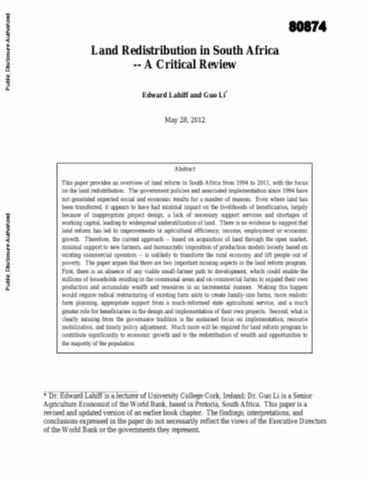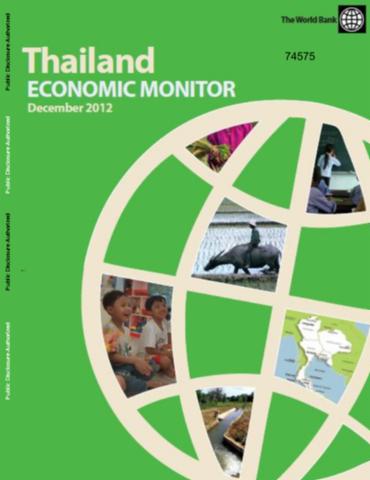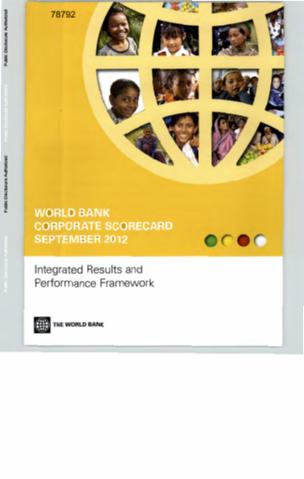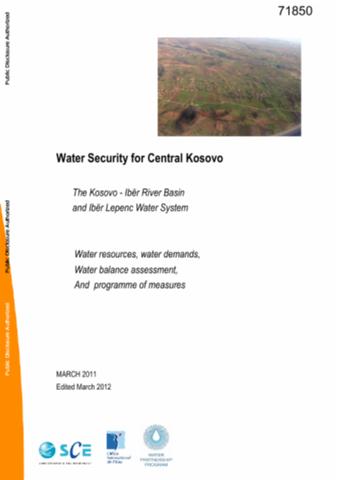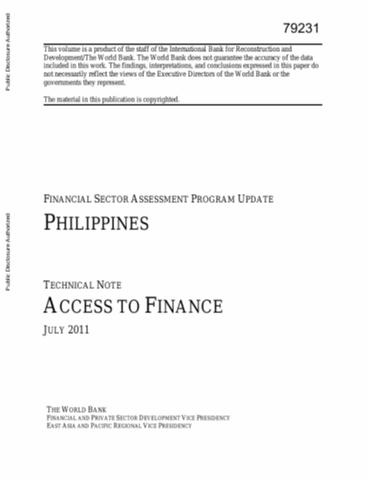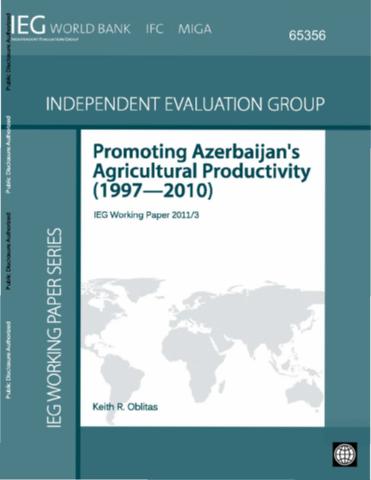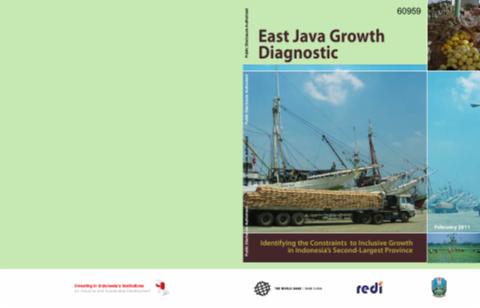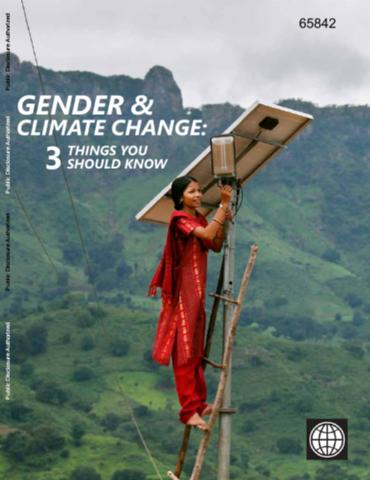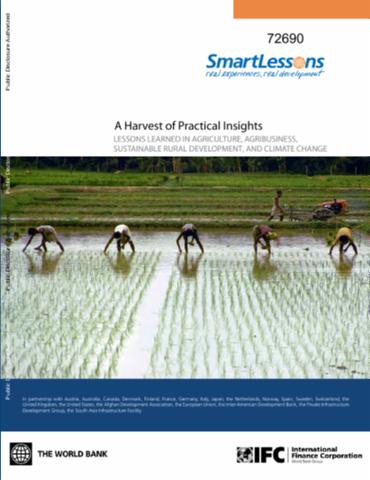The Role of Agriculture in a Modernizing Society
China's success in addressing food problems after adopting the reforms in 1978 has been nothing less than remarkable. Grain output (rice, wheat and maize) has almost doubled and most hunger has been eliminated. Ever since China embarked on its reform agenda more than 30 years ago, its economic growth and poverty reduction have been nothing less than remarkable. Agriculture has been an important contributor to these developments.

